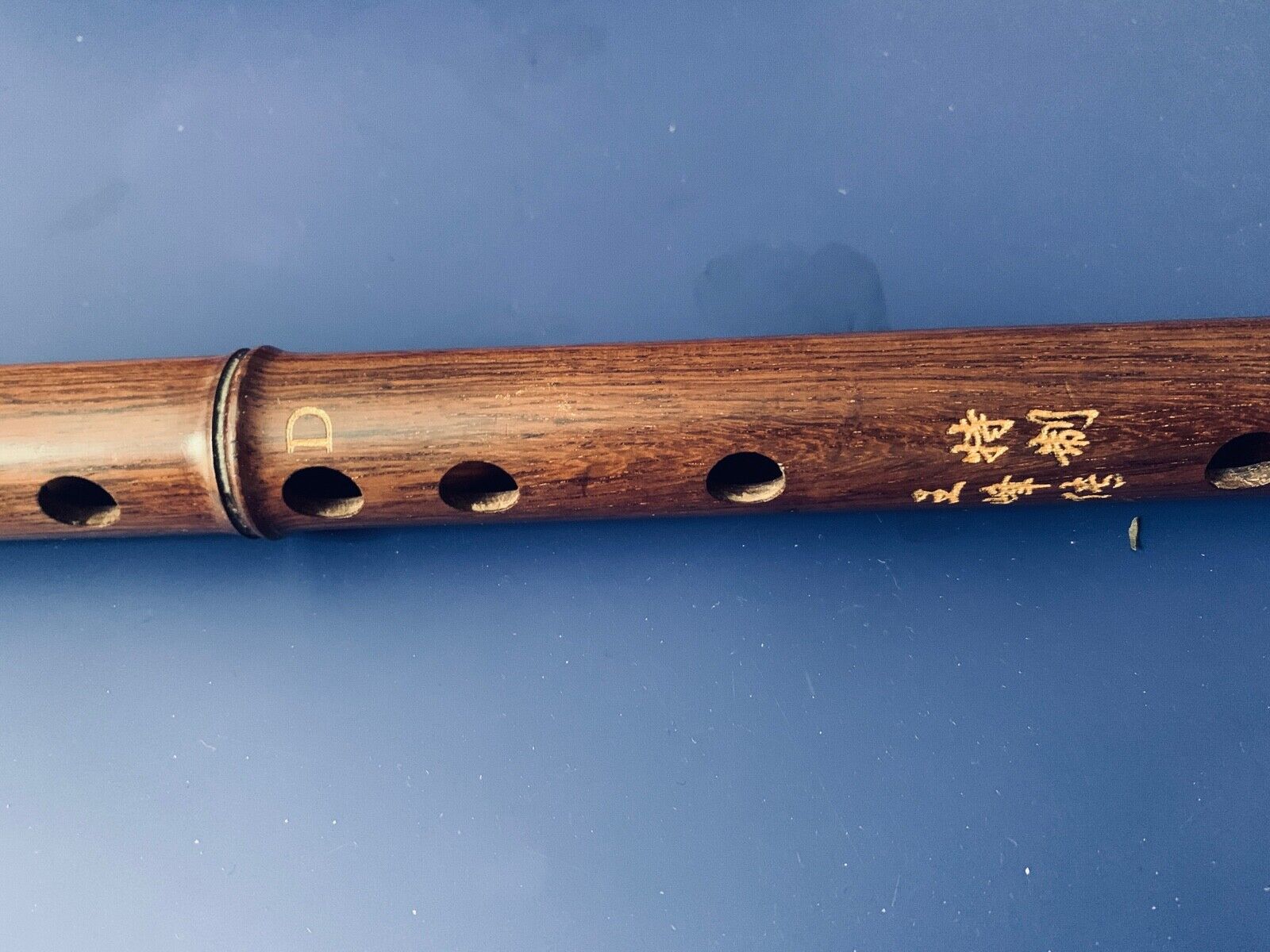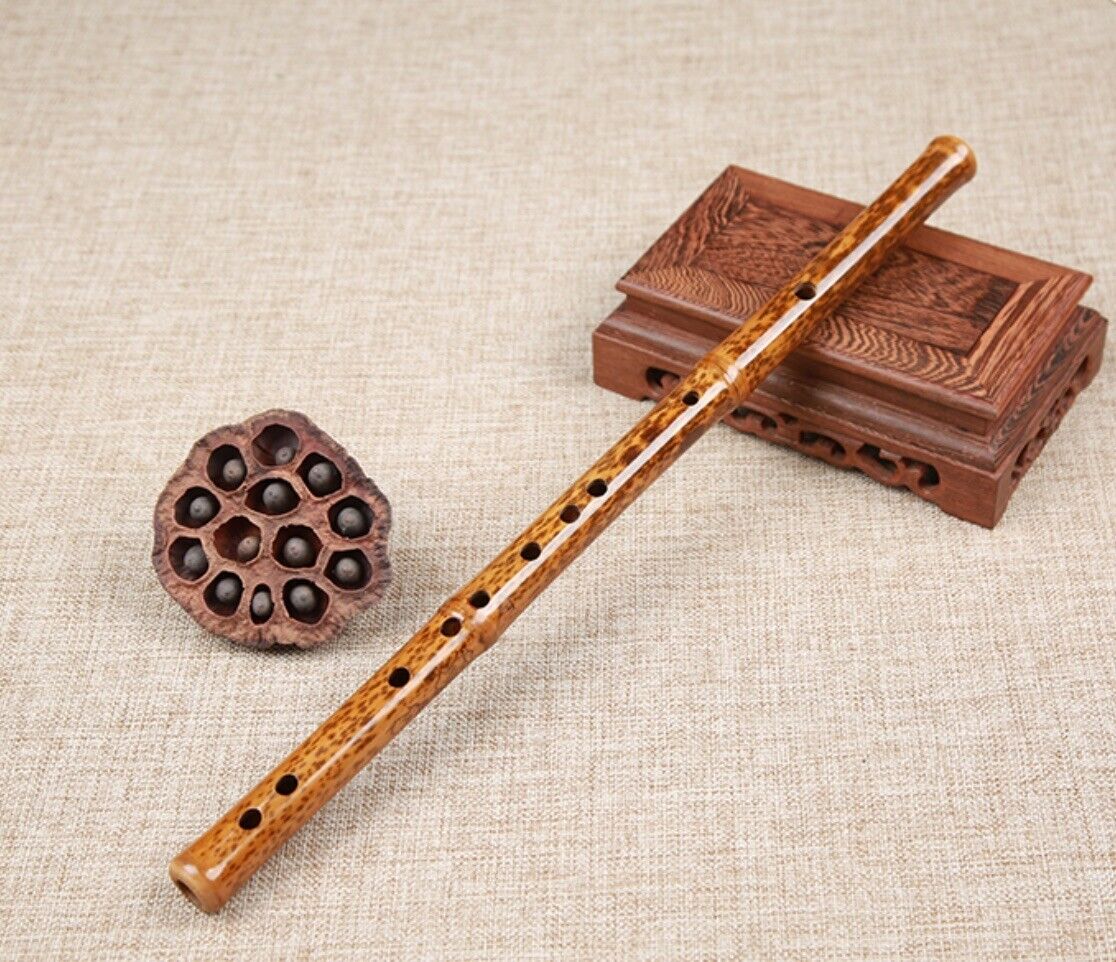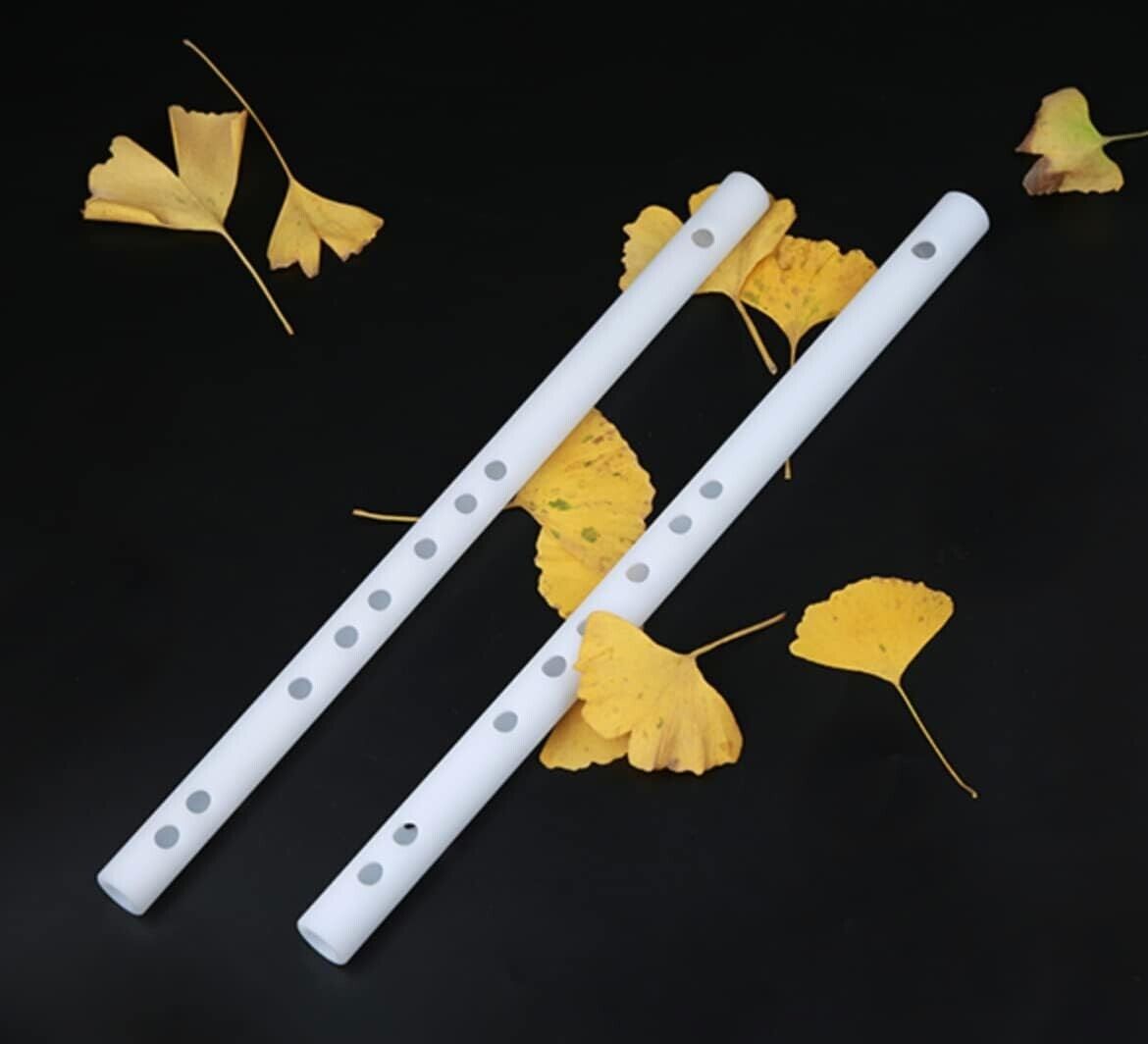-40%
Master Maker’s Wooden Dizi In D Key 笛子, Irish Flute, Bansuri
$ 73.39
- Description
- Size Guide
Description
Product Information:Materials: HIGH grade black wood.
Key: D key
qudi
(open three holes as D, lowest note is A)
High grade: master maker made wooden dizi.
Joint: one brass joint.
Decoration: Ox horn on both of top and end.
Design:
Imitation
bamboo or straight
Irish flute style.
Dimension: about 24.50 inches (62.20cm) length
Weight: 14 oz (0.43kg)
Gift
: free dizi case and membrane.
Concert master flute, master musician approved.
Shipping in 48 hours. Free Shipping in the USA, and please check
Shipping and Payment
for other countries.
Check out my other items! Be sure to add me to your favorites list!
An Introduction to the Dizi:
Early in the region of Emperor Wudi (141-88 BC) of the
Han dynasty, the di flute was introduced from western areas into
China and standardized in construction through revisions. But broadly
speaking, such features as its bamboo make, edged tone and side holes
have given the evidence of its existence in the ensembles of the Spring
and Autumn Period (770-476 BC). A new archaeological find reveals the
earliest type so far, some bone flutes unearthed from a tomb in Hubei
province; they are socially the same in construction as the modern bamboo
type, only without the hole for membrane. These instruments still can
be played despite of its old age of 8,000.
The modern type is frequently wrapped with bands of silk or thread
for crack-proof. Its range is about two and a half octaves. Among many
types, bangdi and qudi are the most common nowadays.
The shorter type known as bangzi opera of northern China. The
longer one known as qudi, with a mellow tone, emerged with the
kunqu opera of centeral China. The former is a fourth higher
in pitch than the latter.
The di is very popular with the common people, often used for
solos or in ensembles, and in the accompaniments as well.
Range:
C key (g to c3) ;D key (a to d3); G key (d1 to e3); F key (c1 to d3) etc.














